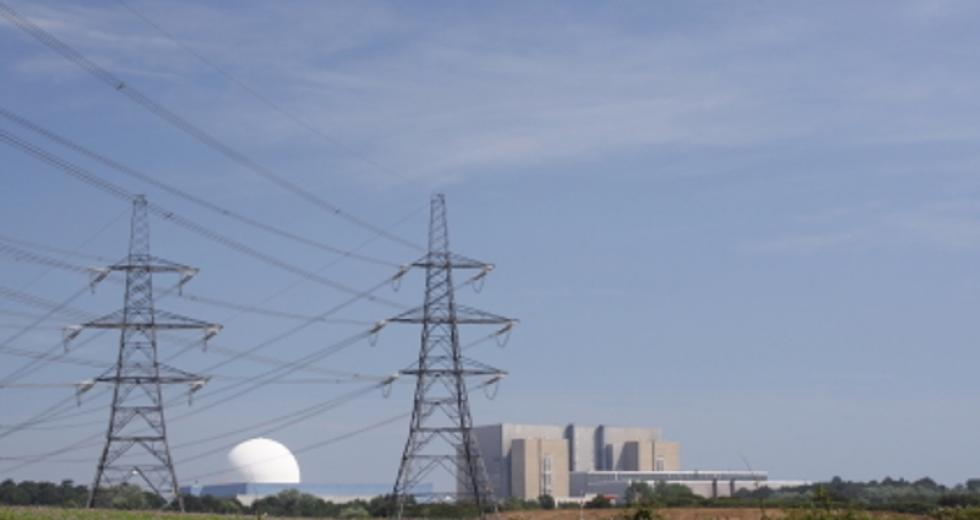
As the National Grid says in the first paragraphs of their document, their job is "to ‘balance’ the network, ensuring supply and demand are matched second by second, calling on suppliers and generators to make up the difference."
They "are not responsible for building power stations – or ensuring sufficient generation is available to meet consumer demand – this is the role of the electricity market and the policies and framework that support that market."
The National Grid is raising a flag here to highlight that Britain is dangerously close to not being able to meet energy demand. And this is true.
It is a staggering fact that the companies responsible for generating electricity in this country, the companies who have been given more or less free reign to make immense profits from doing so, have had no requirement imposed upon them to invest in future electricity generating capacity. Rather the tax payer is expected to foot the bill.
That expectation is so strong, in fact, that the government has so far failed to provide any contract sweet enough for those same energy companies to build our next generation of nuclear generating capacity for example and things are getting so bad that government is having to deny that EDF has them over a barrel over taxpayer funded subsidies.
Remember, EDF is a company which has been making billions of pounds of profits since it moved in on Britain's privatised energy "market", and yet it expects the taxpayer to pay for the infrastructure it needs to maintain that profiteering.
To react to the National Grids concerns, the government rolled out Energy Minister Michael Fallon, who claimed that he could assure us "the lights are not going to go out".
But while government refuses to force generating companies to invest in future generating capacity, rejects serious so-called renewable projects like the Bristol Channel Barrage and switches off coal powered generating stations because of the global warming scam, we would ask how he can possibly guarantee that?
And what was the message the BBC was pushing on Radio 4's Today programme this morning?
The best way to deal with the problem is at the demand side. We need to demand less electricity.
That is Agenda 21 policy through and through.

